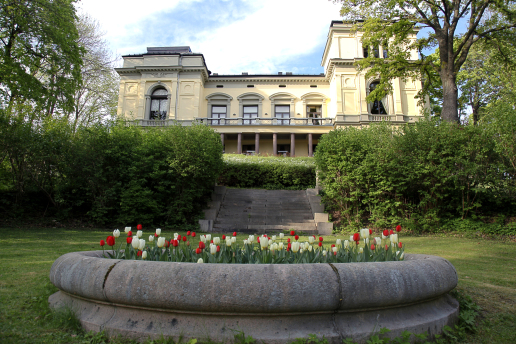Religion and Human Rights Conference – 24-25 October 2011 in Oslo, Norway

“Religion,” an international symposium held 25-25 October 2011 at the Norwegian Academy of Science and Letters in Olso, focused on discussion of religion as actually conceived of in contemporary societies. What distinguishes religion from non-religion? According to Professor Jan Terje Faarlund, chair of the organizing committee, participants were to focus on discussion of “cognitive and neurological processes that contribute to create religion as a human phenomenon,” looking nto the relationship between “religion” and national identity, taking into account that one function of religions is to create distinctions between groups and societies.
Opening remarks at the conference were given by Professor Øyvind Østerud, President, The Norwegian Academy of Science and Letters. Presenting on Monday, 24 October, were Armin W. Geertz, Aarhus University, Section for the Study of Religion on “What is religion? Recent cognitive and neuroscientific insights in the cultural sciences”; Halvor Moxnes, the Faculty of Theology, University of Oslo, will address “Religion and national identity: Early Christianity as a model for European nationalism”; W. Cole Durham, Jr., the International Center for Law and Religion Studies and Susa Young Gates Professor of Law at Brigham Young University, “The place of the right to freedom of religion or belief in the constellation of human rights”; and Gwénaële Calvès, Institut d’études politiques (IEP) de Paris, “Does freedom of religion entail freedom to discriminate? European Perspectives on a judicial dilemma.
Tuesday’s presenters were Sindre Bangstad, University of Oslo, “The ‘religious’ and the ‘secular’: On what poststructuralist anthropology gets right, and what it gets wrong”; and Knut Lundby, Department of Media and Communication, University of Oslo, “Mediatization of religion: Transformations of religion in media-saturated societies.”
The Norwegian Academy of Science and Letters, founded in 1857, is a non-governmental, nation-wide, and interdisciplinary body which embraces all fields of learning. The main purpose of the Academy is the advancement of science and scholarship in Norway. The Academy provides a national forum of communication within and between the various learned disciplines, and it represents Norwegian science in relation to foreign academies and international organisations.